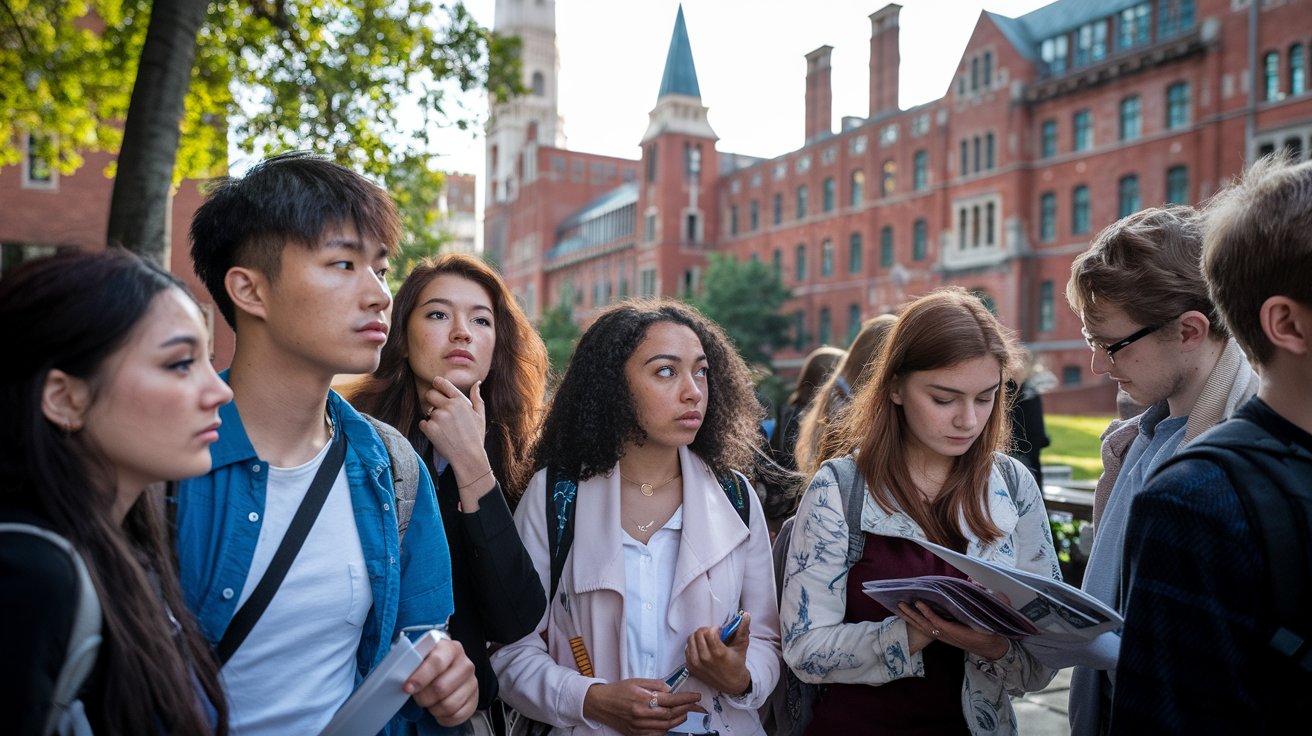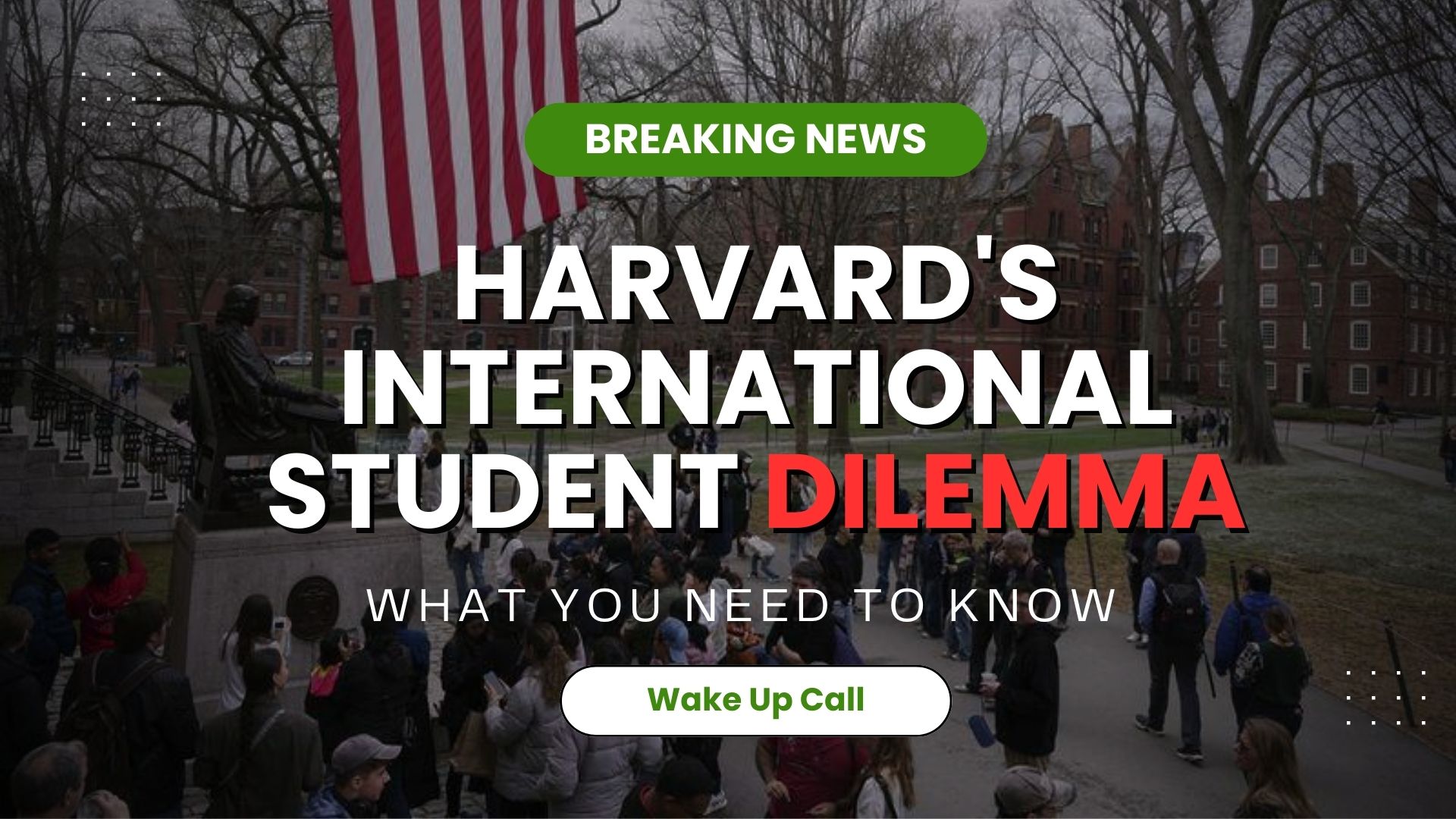Harvard’s International Student Dilemma: What You Should Really Know
A recent development involving Harvard University and the U.S. government has sparked debate and concern across the global education community. News that the Department of Homeland Security has suspended Harvard’s ability to enroll new international students for the upcoming academic year has led many to ask: What does this mean for students considering the United States as a study destination?
Before jumping to conclusions, let’s take a step back and understand the context and implications more clearly.

What Happened — And What It Doesn’t Mean
The suspension, rooted in compliance issues regarding federal reporting policies, affects Harvard’s certification under the Student and Exchange Visitor Program (SEVP). Officials have requested detailed data on international student activity, especially disciplinary cases, over a five-year period. When the university did not provide this data within the given timeline, the government responded with a temporary suspension.
This doesn’t mean the U.S. is “closing its doors” to international students. It also doesn’t mean that Harvard is permanently banned from enrolling them. What’s happening here is more about policy enforcement and data transparency than a broad rejection of international education.
Why It’s Important to Read Beyond the Headlines
Much of the media coverage surrounding this issue highlights terms like “anti-Americanism” and “national security.” These are part of the government’s stated justifications, which also include concerns about antisemitism on campus and alleged links to foreign influence. These are serious claims, but they are being investigated in a specific institutional context — not as a blanket judgment against all international students or universities.
Harvard has responded by reaffirming its commitment to supporting its international student body (which makes up over 27% of enrollment) and is preparing legal steps to challenge the decision.

What This Means for Students and Families
This is a moment to reflect, not panic.
For students and parents exploring U.S. education, the takeaway is not that America is shutting down opportunities — but that the process is becoming more complex. Like many countries, the U.S. is tightening its policies and increasing enforcement around compliance, especially in light of political tensions and security concerns.
So what should students do?
-
Be informed: Understand the visa and policy landscape of your chosen country. Don't rely on rumors or headlines—read official sources.
-
Diversify your options: It's wise to consider multiple study destinations as part of your planning.
-
Work with trusted advisors: A good counselor or agency can help you stay compliant and choose the right-fit university.
-
Watch for updates: Harvard is likely to contest this move, and policies may change again depending on legal outcomes or administrative shifts.
The Bigger Picture: A Changing Global Education Environment
This situation is not unique to Harvard or the U.S. Countries like Canada, the UK, and Australia are also reassessing international student policies amid growing political and economic shifts. International education is evolving — and students must evolve with it.
Rather than seeing this as a “warning sign,” see it as a cue to make more thoughtful, well-researched decisions about your academic future. The U.S. continues to welcome thousands of students from around the world each year. But now, more than ever, understanding the how and why behind policy decisions is crucial.
Final Thoughts
Let’s be clear: This development should not be viewed as the U.S. turning its back on international talent. It’s a policy dispute, and like many such disputes, it will likely be resolved through dialogue, legal action, and negotiation.
For now, stay focused, stay informed, and know that your dreams of studying abroad are still very much within reach — whether at Harvard or anywhere else.






